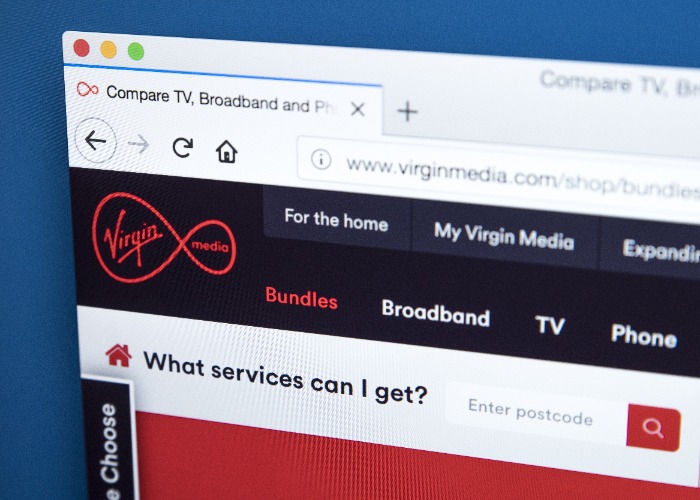Opinion: switching broadband deals is a lengthy farce - but it's worth it

My recent experience when negotiating a new broadband deal reminded me just how painful the process is. The regulator needs to step in to help customers.
With the cost of living crisis still in full effect, it’s vitally important to find savings wherever possible.
And for me, that meant negotiating a cheaper broadband deal with my provider Virgin this week, since my existing package finishes in October.
Time to switch? Find a cheaper broadband deal with Moneysupermarket
And while I was happy to dodge a £350 bill hike by doing so, the process of getting there was painful, emphasising the need for regulators to take a more proactive approach in helping us all get a better deal.
Deadline approaching
My 18-month deal finishes in a couple of weeks and was set to almost double in size from £40 a month to £71.
That covers not only broadband but the landline and TV.
I did a little homework first to see what other providers were offering new customers who wanted to snap up a similar package to mine, and there were a few different deals in the £30-£35 range.
Having that information is always useful to have to hand when it comes to negotiating a new contract.
See how much you could save: compare broadband deals on Moneysupermarket
The first offer
Armed with the data about rival broadband packages, I called Virgin and went through to what sounded like a busy call centre.
I explained the situation ‒ and highlighted the quotes I had got from other firms ‒ and the chap said he would see what he could do.
A few minutes passed and I was told that the best possible offer was £57 a month.
That’s certainly better than £71 a month, but would still represent a monthly jump of almost 50%.
It was never going to be a goer.
I tried adapting the package, taking off services we don’t use as much.
Honestly at this point the landline is a ‘nice to have’, and would be no great loss if we ditched it.
Bizarrely this would actually push up the cost of the package past £60.
So I said I would have to cancel.
At this point, I was passed to the ‘cancellations’ department, which in reality is anything but.
Do you really want to leave?
The busy sounds of the call centre disappeared, to be replaced by the calm sounds of the cancellation staff.
Once again, I explained the situation, mentioning the deals I had found elsewhere.
This time I was told he was sure he could get me a better offer.
A few changes were made to the package ‒ a 24-hour support service that was supposedly included was dropped ‒ and lo and behold I was now able to get what’s essentially the same service for under £40.
I had gone from facing a monthly bill of almost double to one that was actually less than I was already paying.
Time to switch? Find a cheaper broadband deal with Moneysupermarket
What made a difference?
In the end, I think I got a decent result from the call because of a few different factors:
-
I had done my research on what other packages were around and could quote them to my provider;
-
I was willing to go through with a cancellation, rather than just accept the first offer that came my way;
-
I was polite throughout; I’ve never seen the point in ranting and raving in attempting to get things done.
Switching broadband is too difficult
Now in the end I was pleased with the outcome of my call, but I’m very aware of my own privilege on this one.
Not everyone has the time or work setup that allows them to spend more than half an hour on the phone with various staff from their broadband provider in order to negotiate a new deal.
What’s more, there will be plenty of people who just accepted that first offer as truly being the ‘best we can do’ and acted based on that information, or who even just accepted that their bill was going to virtually double simply because their initial contract was coming to an end.
After all, there’s long been plenty of apathy when it comes to shopping around for new providers, irrespective of the actual service being provided.
Data from Ofcom suggested that in September 2020 ‒ the most recent period they have information for ‒ around a third of households were out of contract.
That’s about 7.4 million customers paying more than they need to because they haven’t moved to a new deal.
There has to be a better way of handling renewals and new contracts that doesn’t rely on customers doing market research and then negotiating their way through the various levels of customer service and ‘cancellations’ departments.
This current model does nothing to support customers and just makes it far easier for providers to profit.
Comments
Be the first to comment
Do you want to comment on this article? You need to be signed in for this feature